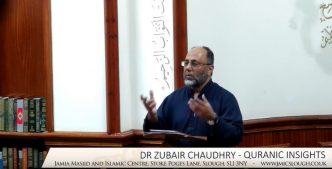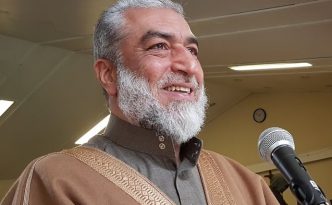By Lily Mohsen
“Your answer is everything Allah needs to know about your state of worship. It’s a feeling of remorse, so real and so palpable; your tears will literally have the power to cleanse your soul. With your ‘Tawba’ comes a newfound humility, that yes, you are human. You are weak. But if you’re not going to run back to Allah every time you fall, who will you run to?….
… The opportunities are endless. Allah does not hold grudges. He wrote it upon Himself to be Loving, Merciful, Supporting and Forgiving. All it takes is one moment of sincerity to delete a lifetime of sins. I know it sounds impossible, but it’s true. Allah doesn’t want you to wither away because of your mistakes. He wants you to learn your lessons and keep striving towards Him.
He wants you to believe, beyond the shadow of a doubt, that He will never reveal your sins or expose you after guiding you back to His path.”








